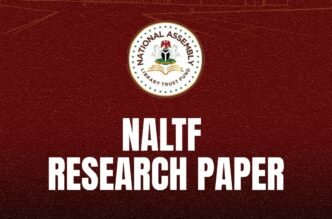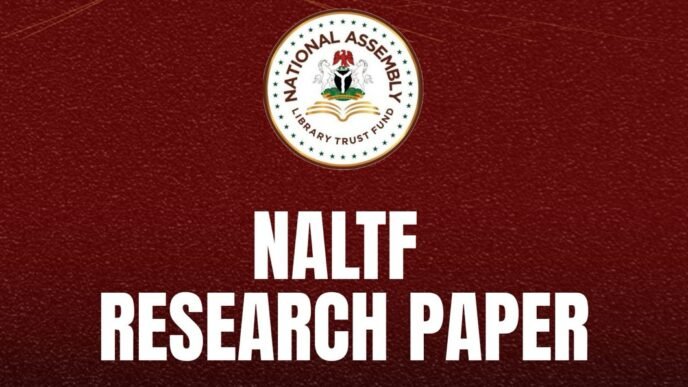This report assesses the political, logistical, security, and governance implications of moving Nigeria’s general elections to a single day —i.e., holding presidential, National Assembly, gubernatorial, state assembly, and (where applicable) local government elections on the same day. Proponents argue that single-day elections would cut costs, reduce prolonged electoral tension, and improve focus on governance. Critics warn of significant logistical strain on the Independent National Electoral Commission (INEC), heightened security risks concentrated on one day, weakened local accountability, and potential distortions in voter choice and party competition. Comparative experience (notably India and academic studies of synchronized elections) shows potential benefits for administrative efficiency and reduced perpetual campaigning, but also risks to federal balance, representation, and election integrity if institutional capacity and legal frameworks are insufficient. In Nigeria’s context, switching to one-day elections would require constitutional amendments, significant investment in INEC capacity and security coordination, strong dispute-resolution mechanisms, and safeguards to protect federalism and local representation.


Add a comment
